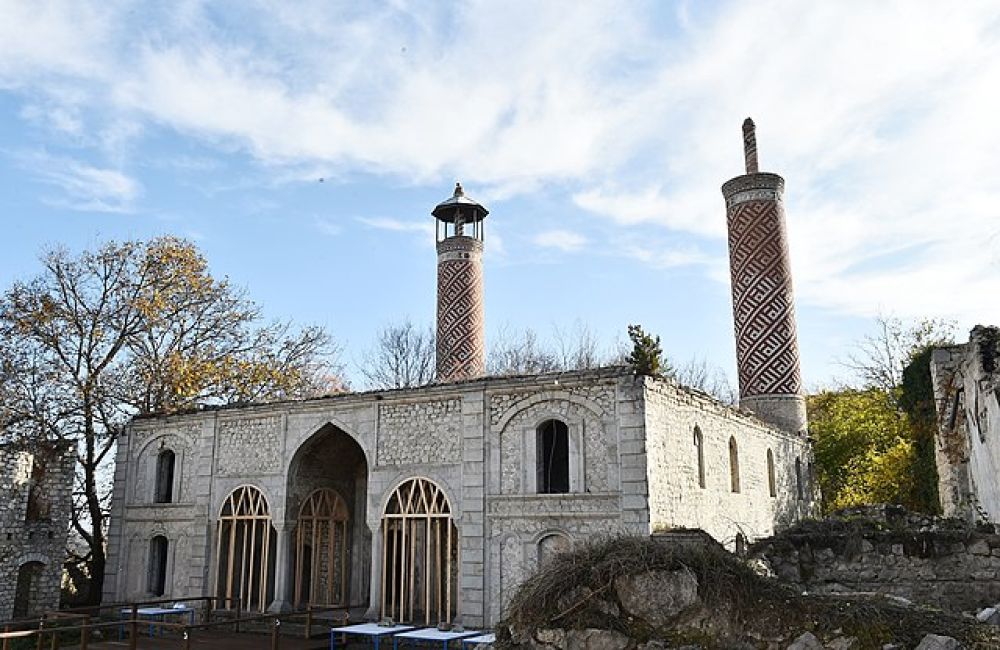

The Ashagi Bazaar Mosque, situated in the heart of Lankaran, Azerbaijan, is an enduring symbol of the city's rich Islamic heritage. Although the exact date of its construction is not firmly established, it is believed that the mosque was built during the 17th century. This period was marked by the widespread development of Islamic architecture in the region.
Lankaran, historically an important trading post between Europe and Asia, saw the introduction of Islam in the early stages of the Arabian caliphate's expansion. Over centuries, the city's strategic location contributed to its religious and cultural development, with the Ashagi Bazaar Mosque standing as a testament to the Islamic Golden Age in Azerbaijan.
The mosque has played a significant role in the spiritual and communal life of Lankaran's citizens. It has survived numerous periods of change, including the Russian Empire's dominance and the Soviet Union's secularism, when many mosques were destroyed or repurposed. The Ashagi Bazaar Mosque, however, remained an active place of worship and a beacon of Islamic culture.
In the post-Soviet era, Azerbaijan has embraced its cultural heritage and religion, leading to a renewed interest in historical religious sites. Tourism in Lankaran, and particularly to the Ashagi Bazaar Mosque, has benefited from this resurgence. Visitors are attracted to its authentic design, traditional craftsmanship, and the serene atmosphere that it offers.
Recognizing its value, the government of Azerbaijan has taken steps to preserve and promote the Ashagi Bazaar Mosque. Efforts to maintain its structure and surroundings ensure that tourists can enjoy the mosque in its original splendor. This focus on preservation has also extended to other historical buildings in Lankaran, turning the city into a cultural tourism hub.
The latest tourism trend in Lankaran, influenced in part by global movements, is a shift towards sustainability and responsible travel. Tourists are increasingly interested in experiences that offer cultural immersion while minimizing their environmental footprint. The city promotes eco-tourism and provides opportunities for visitors to engage with the local community, cuisine, and traditions in a sustainable manner.
Virtual tourism has also gained momentum, with many prospective travelers exploring places like the Ashagi Bazaar Mosque online before visiting. Lankaran's push towards digital marketing, including virtual tours and enhanced online presence, has made its landmarks more accessible to a global audience.
The Ashagi Bazaar Mosque continues to be not just a place of worship but also a pillar of Lankaran's tourism. Its historical significance, coupled with the city's evolving approach to tourism, has set an example for preserving the past while embracing the future. Visitors leave with enriched knowledge and appreciation for Azerbaijan's deep-rooted history and its ongoing dedication to cultural preservation.